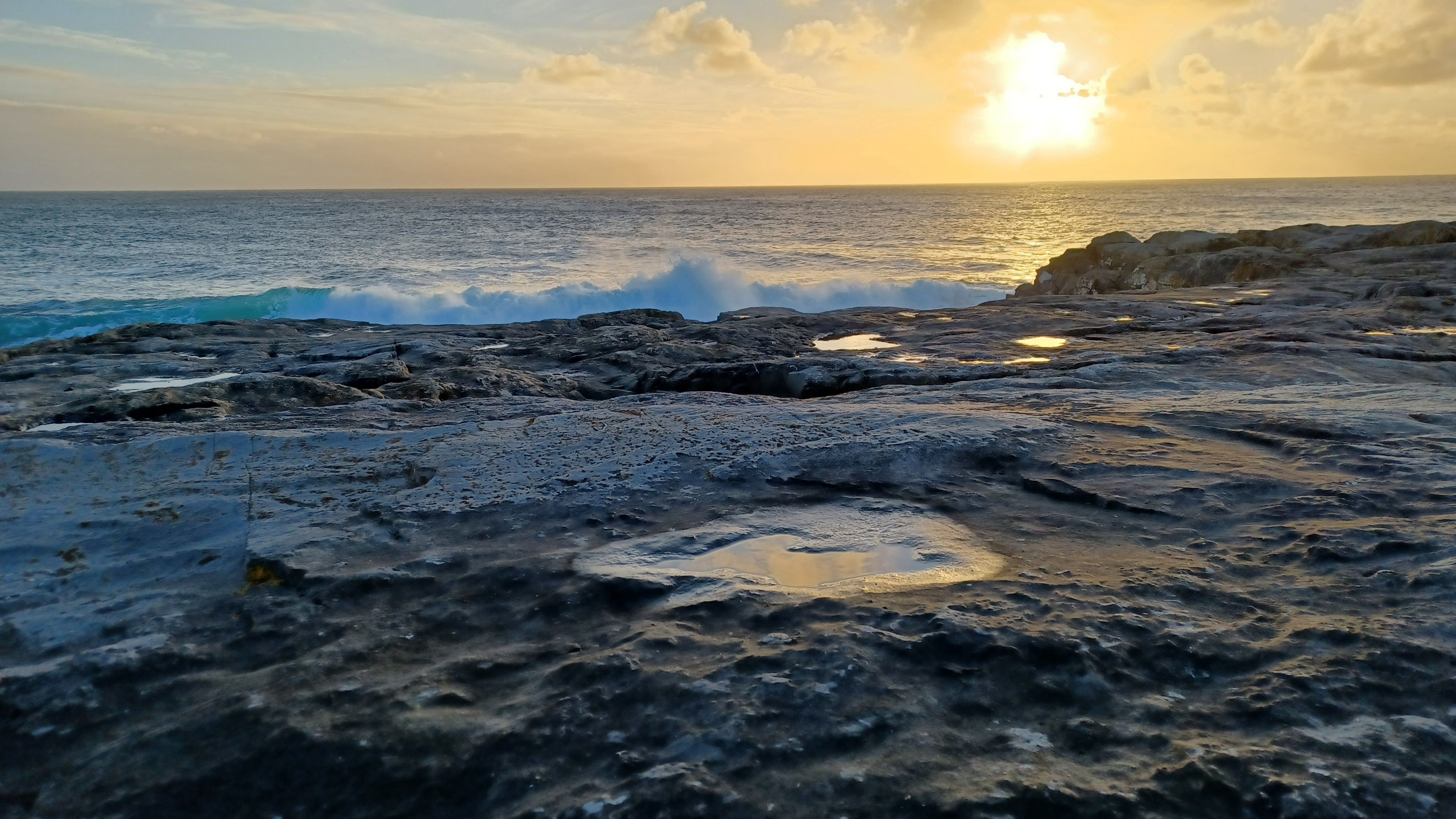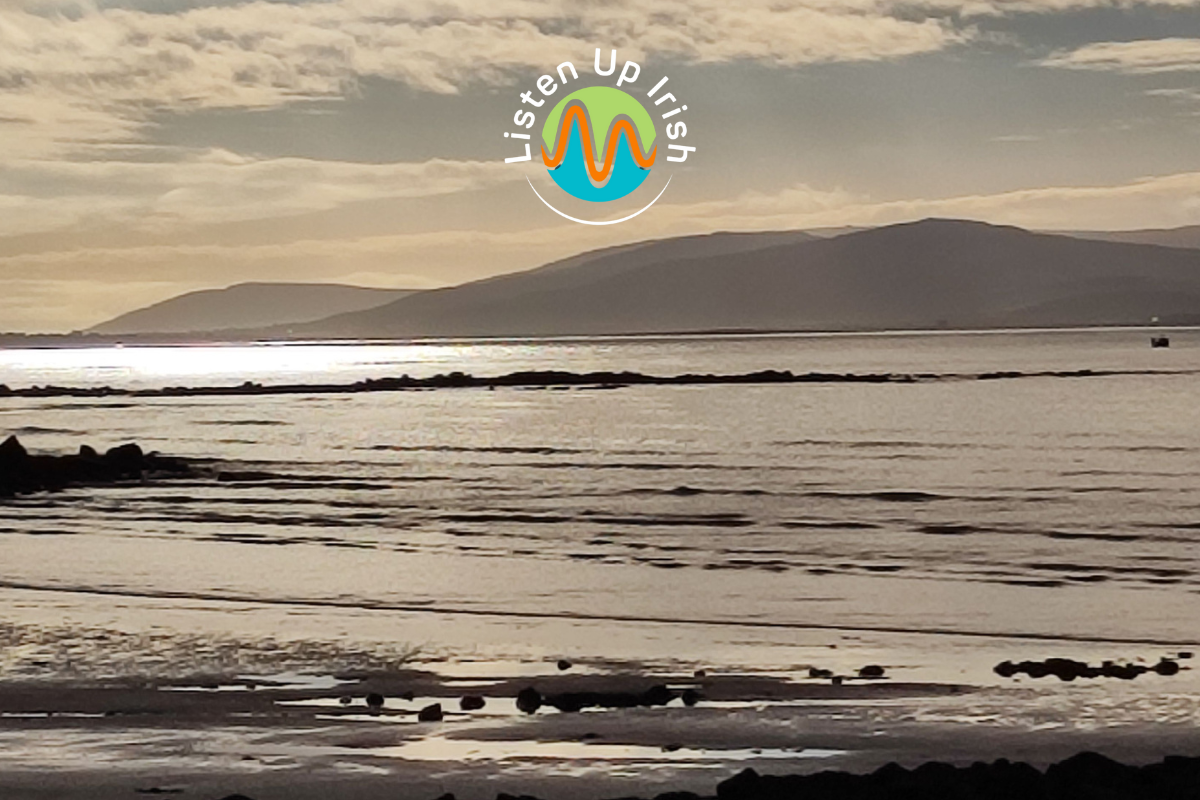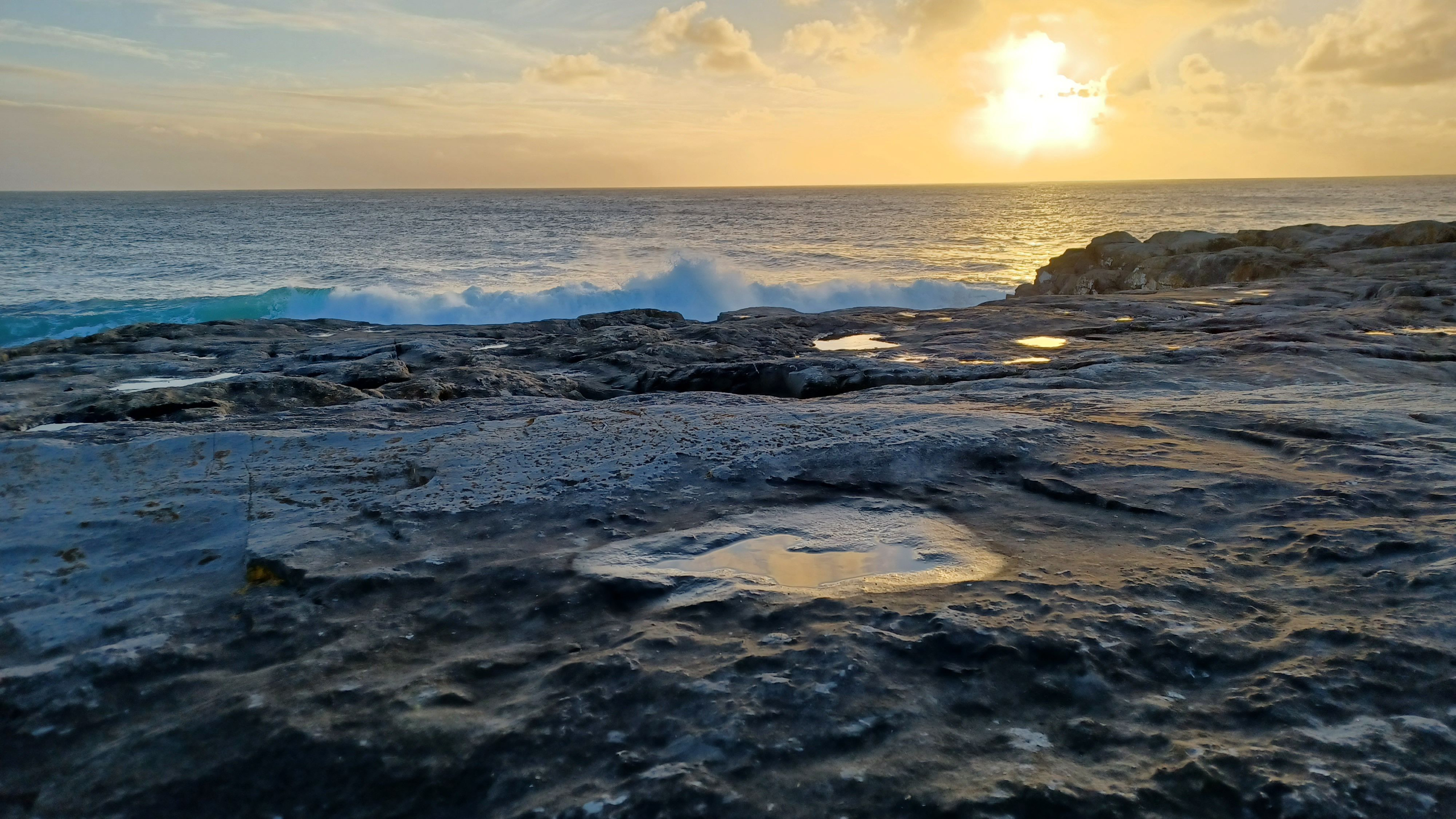How to say 'well done' in Irish
Watch the short video clip above to learn some great ways to say 'well done' to someone in Irish. Read on for a little more information about each of these phrases.
Maith thú féin!
This phrase literally means 'good yourself' and is a really nice expression to use to say 'well done' to somebody. If you listen carefully to the short clip above you will notice that the word 'féin' is pronounced with more of a 'h' sound than an 'f' sound at the start of the word. The word 'féin' is often pronounced this way - although not always! (The political party 'Sinn Féin' is always pronounced with an 'f' sound for example). In writing, however, it is always written 'féin', regardless of which way it is pronounced.
Maith an fear / Maith an bhean
Again this is a really common expression to use - and literally means 'good the man' and 'good the woman'! You can also use 'maith an cailín' when speaking to a girl; and 'maith an buachaill' when speaking to a boy.
Comhghairdeachas
'Comhghairdeachas' means 'congratulations' in Irish. You will also hear the slightly shorter version of this word: 'comhghairdeas' . Use whichever of the two words you prefer.
Treise leat!
This is a great expression to use and really conveys the meaning 'more power to you'/ 'fair play' / 'well done'. The word 'treise' itself means 'strength' or 'power'. You can use this expression after someone has achieved something; or even when they are in the process of achieving something as a way to motivate them to keep going.
Ardfhear / Ardbhean
This is another way to say 'good man' or 'good woman'. 'Ard' literally means 'high' or 'tall'. You'll notice that 'ardfhear' and 'ardbhean' are compound words - words made up of two parts, and so a séimhiú (h) is inserted at the junction point between the two words. You can read more about compound words / comhfhocail in my earlier blog here.
Ard + fear = ardfhear
Ard + bean = ardbhean
Togha fir / togha mná
These phrases have the same meaning as 'ardfhear' or 'ardbhean'. They are really great expressions to use when you want to tell someone that they've done a great job, or that they're just great really!
The word 'togha' might look a little difficult to pronounce - but just break it down and it becomes easy. It is pronounced 't-ow', pronounce 'ow' as in 'ow, I hurt my knee.'
'Togha' here means the best of something, top class.
These phrases are also nice examples of the genitive case in Irish.
(If you're a beginner you don't need to worry about this for now, unless you want to know more...)
When two nouns come together in Irish the second noun is in what is called the 'genitive case'. The second noun is usually describing the first noun, it's the lesser important of the two words in the phrase.
Now, the thing is that very often the genitive form of a word in Irish is not the same as the regular (or nominative) form of a word.
Man
Nominative: fear / Genitive: fir
Woman:
Nominative: bean / Genitive: mná
You might also notice that the 'n' in the word 'mná' is prounounced as an 'r' sound. This is the way this word is pronounced in Connacht Irish. Again, however, it is always written 'mná' and never 'mrá'!
I hope that you get the opportunity to use some of these phrases in the next while! Listen out for them whenever you are watching programmes such as the Irish language soap opera Ros na Rún. My Irish courses Beyond Beginner, and my Present Tense course are based around real life conversations and are a great way to continue learning useful everyday phrases in Irish. If you're a total beginner, or have just had a little taste of Irish, the best place to start is with my Beginner Irish course. And of course if you've any questions at all you can contact me here.




